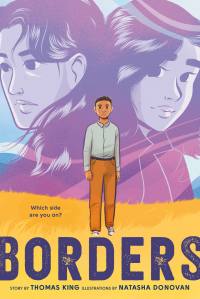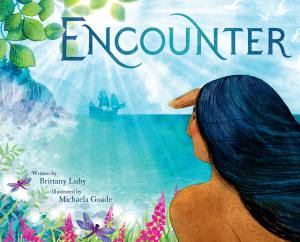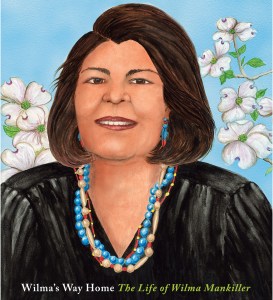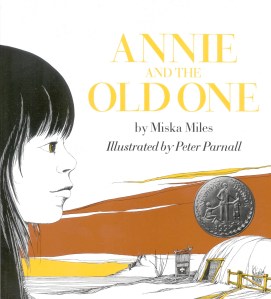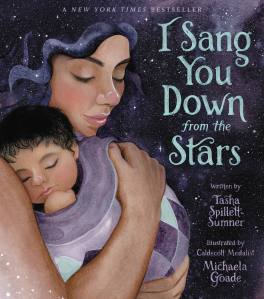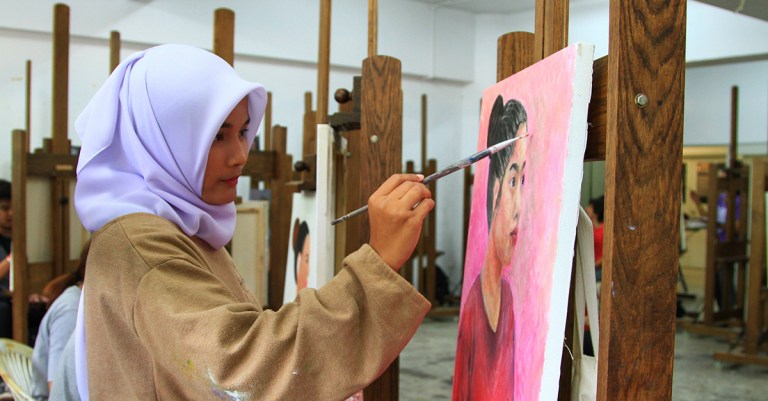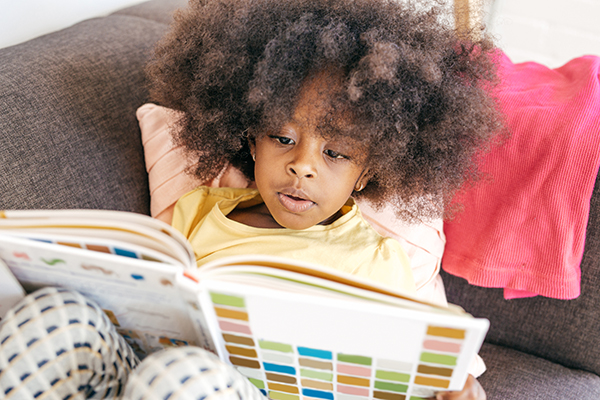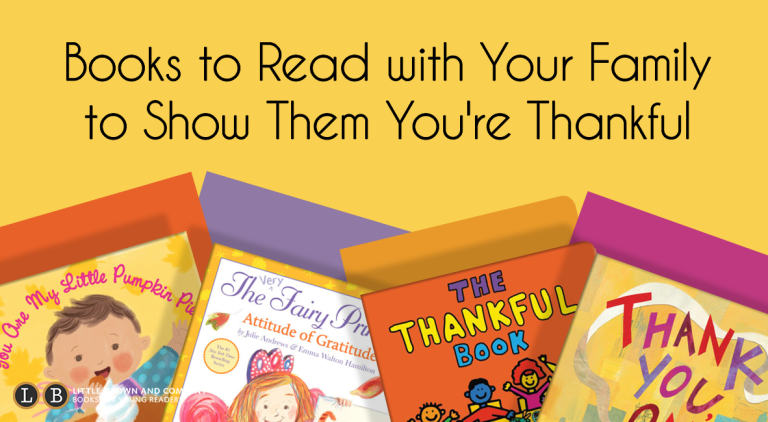Best Indigenous People’s Children’s Books
It is never too early for Native children to see themselves in a book, or for children of other races to learn about Native cultures and accomplishments. The seven books below include a mix of fiction and nonfiction, so your child can learn about these stories however they like best.
Reading these books is vital not just because Native Americans continue to struggle against disproportionate poverty, harassment, and discrimination. While acknowledging these facts is important, Native American culture has been unfairly overlooked by most Americans for far too long, and books like these are helping to close the gap. Remember the struggles of Native peoples, but do not let them be the whole story.
A People Magazine Best Book
★ "The thematic and literary richness of this story is exhilarating."— Horn Book, starred review
★ "An important and accessible modern tale."— School Library Journal, starred review
From celebrated Indigenous author Thomas King and award-winning Métis artist Natasha Donovan comes a powerful graphic novel about a family caught between nations.
Borders is a masterfully told story of a boy and his mother whose road trip is thwarted at the border when they identify their citizenship as Blackfoot. Refusing to identify as either American or Canadian first bars their entry into the US, and then their return into Canada. In the limbo between countries, they find power in their connection to their identity and to each other.
Borders explores nationhood from an Indigenous perspective and resonates deeply with themes of identity, justice, and belonging.
On a bright, sunny morning, Fisher and Sailor, two men from opposite ends of the world, meet in the middle of a bay. At first, all they can see are their differences. But the animals around them know better and show the two men that they are more alike than not. Author Brittany Luby and illustrator Michaela Goade take a real incident recorded in the journal of 16th-century French explorer Jacques Cartier and transform it into a lovely story told through short but powerful sentences and soft, colorful illustrations.
Wilma Mankiller was Cherokee Nation's first female chief and a trailblazing figure in Native American history. Her hardscrabble but loving childhood taught her the importance of community, and of neighbors helping neighbors through hard times. This gave her the skills necessary to confront major challenges and establish herself as a strong, responsive, and revered leader. Wilma's Way Home is an engrossing biography for young readers. There is also a timeline and a pronunciation guide for the Cherokee words sprinkled throughout the book.
Annie, a little Navajo girl, loves her grandmother very much. When she learns her grandmother is dying, Annie is determined to do whatever it takes for them to stay together forever. But in the end, Annie must learn to accept loss and keep living. This Newbery Honor book, written by Miska Miles and illustrated by Peter Parnall, was originally published in 1985. It remains a classic to this day, and it's a gentle way to teach young readers about death and dying.
In the sweet I Sang You Down from the Stars, a mother-to-be takes care to collect all of the precious, symbolic objects she will give to her newborn. Each item represents something important that she wants her baby to have. But, as important as these gifts are, nothing can compare to the best gift of all: the bond between a loving mother and her new baby. This book, written by Tasha Spillett-Sumner and illustrated by Michaela Goade, is currently available for preorder as a hardcover.
A baby’s first laugh is an important milestone for Navajo children. Whichever family member makes a baby laugh first gets to host the baby’s First Laugh Ceremony. In the charming First Laugh — Welcome, Baby!, a Navajo family competes to see who can make Baby laugh first. Will it be Mom? Big Brother? Grandmother? Everyone tries their best, but only one can succeed! The book also includes information about the way other cultures celebrate young children.
Go Show the World by Wab Kinew
Go Show the World uses poetic verse to celebrate two dozen indigenous historical figures from America and Canada. It is a touching, widely acclaimed book that introduces young readers to such important people as Sacagawea, the woman who guided Lewis and Clark on their famous expedition, and John Herrington, the first Native American astronaut. The book ends with brief, prose biographies of the people featured in the book.
An Indigenous People’s History of the United States for Young People by Roxanne Dunbar-Ortiz
Older children may appreciate An Indigenous People’s History of the United States for Young People, which revisits American history from a Native perspective. This book explores how Native stories have been neglected in favor of those centering white colonizers, and it spotlights people from many different Native American tribes who fought for indigenous rights and helped shape America into the nation it is today. Jean Mendoza and Debbie Reese ably adapt Roxanne Dunbar-Ortiz’s work for a younger audience.
By clicking ‘Sign Up,’ I acknowledge that I have read and agree to Hachette Book Group’s Privacy Policy and Terms of Use
What to Read Next
Eileen Gonzalez is a freelance writer from Connecticut. She has a Master’s degree in communications and years of experience writing about pop culture. She contributes to Book Riot and Foreword Reviews, and she occasionally tweets at @eileen2thestars.
